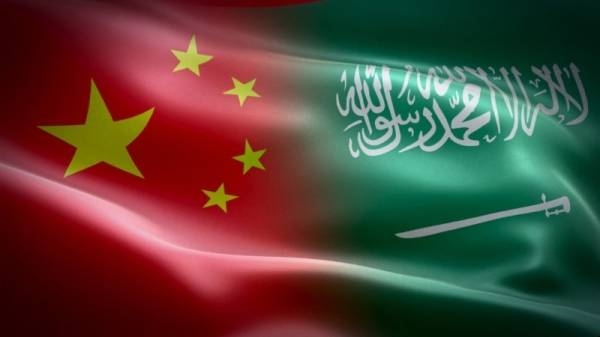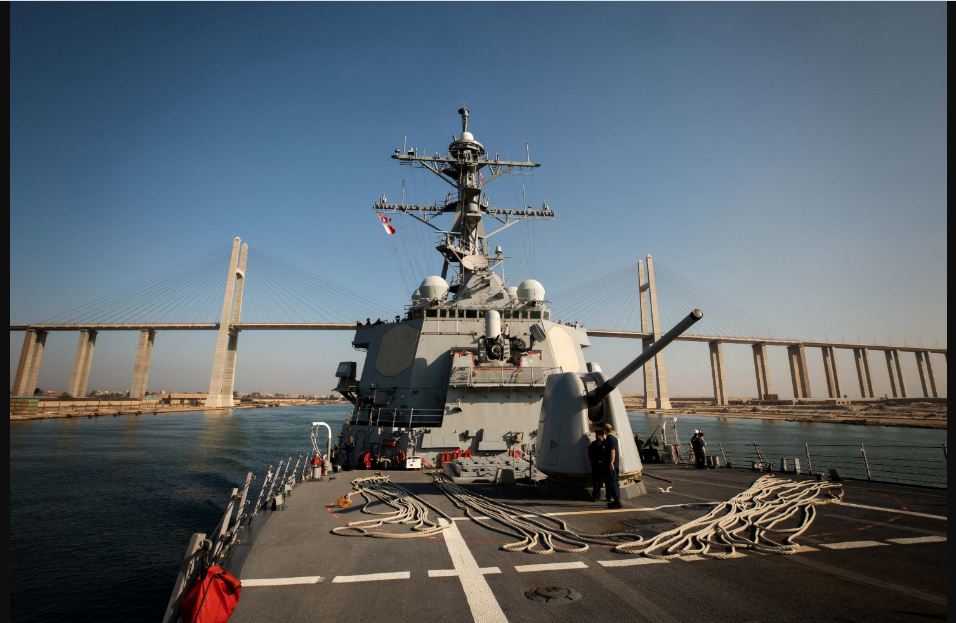Pakistan’s three-time premier Nawaz Sharif expected home from exile
Islamabad (Reuters) – Pakistan’s three-time Prime Minister Nawaz Sharif is scheduled to arrive back home on Saturday after four years of self-imposed exile in London to kick-start his party campaign three months ahead of a general election.
The 73-year-old veteran politician will lead a rally in his eastern hometown city of Lahore after flying from Dubai in a chartered plane carrying around 194 people from his party and media organisations, the party and sources said.
Sharif has not set foot in Pakistan since he left for London in 2019 to receive medical treatment while serving a 14-year prison sentence for corruption. His convictions are still in force, but a court on Thursday barred authorities from arresting him until Tuesday, when he is to appear in court.
While he cannot run again for election or hold public office because of his convictions, his legal team says he plans to appeal and his party says he aims to become prime minister for a fourth time.
Sharif’s biggest challenge will be to wrestle back his support base from his main rival, Imran Khan, who despite being in jail remains popular following his ouster from the premiership in 2022.
Khan, too, is disqualified from the elections by virtue of his graft conviction in August, which he has appealed.
Sharif’s return comes at a time when the nuclear-armed South Asian nation of 241 million people is experiencing the impact of a worst economic crisis, which was exacerbated during the 16-month rule of his younger brother, Shehbaz Sharif, who led a coalition government after Khan’s removal.
The elder Sharif has a record of pursuing economic growth and development. When he was removed as premier in 2017, Pakistan’s GDP growth rate was 5.8% and inflation was hovering around just 4%. In September, inflation registered at over 31% year-on-year, and growth is projected to be less than 2% this financial year.
Rising living costs have become unbearable for many Pakistanis after the younger Sharif’s coalition government had to agree to harsh fiscal adjustments to resume funding from International Monetary Fund (IMF), which had suspended payments after Khan scuttled a deal in his last days in office.
Nawaz Sharif has said he was ousted from government at the behest of the powerful military after he fell out with top generals, who play an outsized role in Pakistani politics.
He says the military then backed Khan in the 2018 general election. Khan and the military deny this.
However, the military and Khan fell out in 2022 and over the last few months they have been involved in a bruising showdown, which has afforded Sharif some political space.
The military denies that it interferes in politics.
“An evergreen rule about Pakistani politics is that your chances of taking power are always greater when you’re in the good books of the army,” said Michael Kugelman, South Asia Institute Director at The Wilson Center.
“Over his long political career, Sharif’s relationship with the military brass has blown hot and cold. It’s now in a relatively cordial phase, and he stands to benefit politically.”



